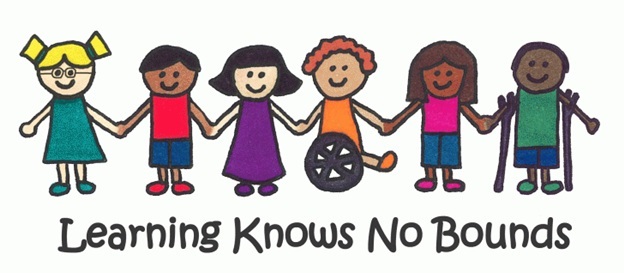
“Fairness is not giving everyone the same thing,
Fairness is giving each person what they need to succeed”
These days we hear a lot about the term inclusive education. Suddenly these alien concepts are the norm in our country and everyone is talking about it.
However, believe me, it is a good thing and this topic needs all the attention it can get.
So let us begin with the classic explanation.
“Inclusive education happens when children with and without disabilities participate and learn together in the same classes. Research shows that when a child with disabilities attends classes alongside peers who do not have disabilities, good things happen”.
Roots of inclusive education can be traced back to the 1950s in USA & Canada where reputed universities experimented with integration of students with severe disabilities pioneered by inclusion teachers, who believe in participatory learning, cooperative learning, and inclusive classrooms.
In India, though we have been approaching inclusion since quite some time, we have a lot to achieve. The society has come a long way from fear, negligence, pity & sympathy towards empathy.
Our constitution provides for education as the fundamental right to all children, but until the recent Right to Education Act, introduced in 2012 schools were at liberty whether or not to grant admission to students with special needs.
Government can make laws and provide infrastructure, but it all depends on the other stakeholders (Schools, Parents, and Teachers) on how we perceive inclusive education & our willingness to take it forward. Reluctance also stems from the fact that inclusive education is a guaranteed high return long-term investment but with very high premium in the short term.
It is not only important to provide infrastructure like ramps, toilets, accessibility to laboratories, playground, etc but also to identify and support children with learning and mental disabilities. Lack of flexibility in curriculum, affordability, being bullied in the class and not getting adequate attention from the teachers are other contributing factors, which stall inclusive education.
We must all understand that “All children can learn” but “All children learn differently” & Special education is not inclusive education.
The Inclusive Education Clause in the RTE Act is an important step in the right direction. It also helps regular kids. When they attend classes that reflect the similarities and differences of people in the real world, they learn to appreciate diversity.
So let us all strive to improve the status of inclusive education within our respective spheres of influence. What begins with a sense of responsibility & compassion culminates in a feeling of pride when the children reciprocate with joy & passion that make our efforts pale in comparison.
